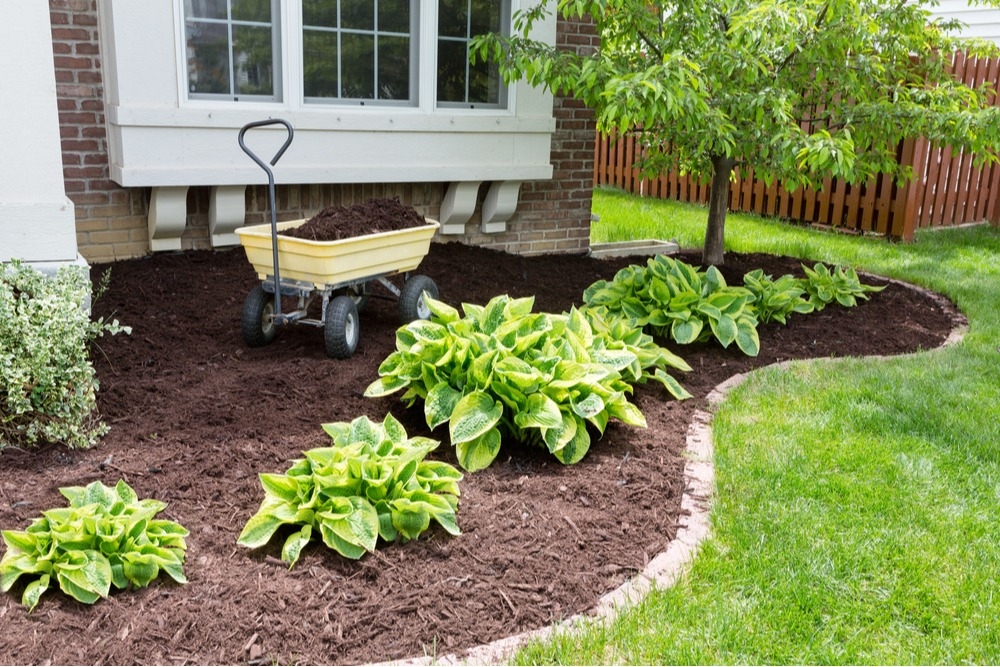Why Mulch is Better for the Environment
Mulch is an essential component of sustainable gardening and landscaping practices. It offers numerous environmental benefits that can help promote a healthier ecosystem. Here are some reasons why using mulch is advantageous for the environment:
Soil Conservation: Mulch helps prevent soil erosion by protecting the soil from the impact of heavy rainfall and wind. It stabilizes the soil structure, reducing the loss of valuable topsoil.
Moisture Retention: Applying mulch around plants helps retain moisture in the soil, reducing the need for frequent watering. This is especially important in areas prone to drought, as it conserves water resources.
Weed Suppression: A thick layer of mulch is a barrier against weeds, limiting their growth and competition for nutrients and water with desirable plants. This reduces the need for chemical herbicides, which can harm the environment.
Temperature Regulation: Mulch helps regulate soil temperature by keeping it cooler in the summer and warmer in the winter. This creates a more stable environment for plant roots, promoting healthy growth.
Nutrient Enrichment: Organic mulches, such as wood chips, straw, or compost, break down over time and add valuable nutrients to the soil. This improves soil health and supports the growth of beneficial microorganisms.
Habitat for Wildlife: Mulch provides a habitat for beneficial insects, earthworms, and other wildlife that contribute to a healthy ecosystem. These organisms play essential roles in pollination and soil aeration.
By using mulch in your gardening and landscaping efforts, you are making an environmentally conscious decision that benefits your plants and the planet. Embracing mulch can lead to healthier gardens, preserved natural resources, and enhanced environmental biodiversity.
For all your tree recycling needs and any questions about mulch, please get in touch with EnviroWorks, Inc.
Go Back Soil Conservation: Mulch helps prevent soil erosion by protecting the soil from the impact of heavy rainfall and wind. It stabilizes the soil structure, reducing the loss of valuable topsoil.
Moisture Retention: Applying mulch around plants helps retain moisture in the soil, reducing the need for frequent watering. This is especially important in areas prone to drought, as it conserves water resources.
Weed Suppression: A thick layer of mulch is a barrier against weeds, limiting their growth and competition for nutrients and water with desirable plants. This reduces the need for chemical herbicides, which can harm the environment.
Temperature Regulation: Mulch helps regulate soil temperature by keeping it cooler in the summer and warmer in the winter. This creates a more stable environment for plant roots, promoting healthy growth.
Nutrient Enrichment: Organic mulches, such as wood chips, straw, or compost, break down over time and add valuable nutrients to the soil. This improves soil health and supports the growth of beneficial microorganisms.
Habitat for Wildlife: Mulch provides a habitat for beneficial insects, earthworms, and other wildlife that contribute to a healthy ecosystem. These organisms play essential roles in pollination and soil aeration.
By using mulch in your gardening and landscaping efforts, you are making an environmentally conscious decision that benefits your plants and the planet. Embracing mulch can lead to healthier gardens, preserved natural resources, and enhanced environmental biodiversity.
For all your tree recycling needs and any questions about mulch, please get in touch with EnviroWorks, Inc.
